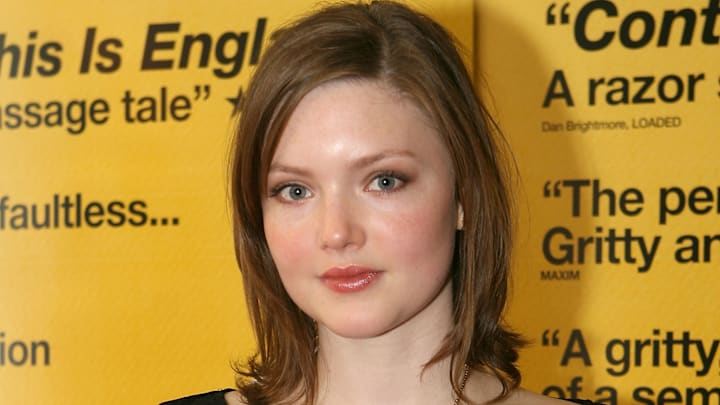I often tell people that they should read the book before seeing a movie or watching an adaptation. This is partially a product of my having worked in a library as my first job and my wish that people would be emotionally prepared for what they're about to see. But I'd like to go the other way around now and talk about what you might enjoy about a book based on the adaptation you've already seen. And I'll start with The Cuckoo's Calling, the first installment of the massively popular Cormoran Strike series by "Robert Galbraith" (J.K. Rowling) that has been turned into C.B. Strike
What do we know from the TV show?
Split into three episodes The Cuckoo's Calling follows the efforts of Cormoran Strike, a former military policeman, to solve the murder of a famous model. The police have ruled it a suicide, but the adopted brother of Lula Landry is convinced that she was pushed from her balcony. It is up to the London private investigator and his eager secretary Robin Ellacott to work out which is the case.
Added to this are personal subplots. In the first episode, a dark-haired woman attacks Strike and we learn that this is his now ex-fiancee who gets herself engaged within weeks of calling things off. Robin is newly engaged, but her intended disapproves of her menial job through a temp agency. She is interviewing for other jobs and decides to turn one down because of her interest in detective work. A major point of tension is that Strike values her work, but can't afford to keep her on.
What else might we enjoy from the book?
There are several characters whose roles in the mystery are given a richer context. We feel conflicted about boyfriend Evan Duffield's possible involvement because of the emotional highs and lows that he experiences during his questioning. The deceased model is labeled as troubled by many people and her friendship with a transient young woman is built around their shared experience of mental illness. The book builds a compelling case for the suicide, while the TV show emphasizes more of the case for it being a murder. You might find yourself leaning towards one conclusion over the other depending on how you read it.
I mentioned a point of tension being the financial problems of the agency and in the movie, we see one collector calling about "court proceedings." If you want to know where those come from and how and why they can be resolved, it's a great reason to read the book. If you liked the way the show tied together details, the complexity of the book is absolutely for you.
